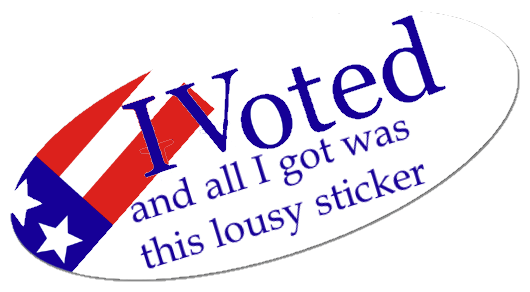June 25, 2011
Interesting reading abounds
Ever since I ended my paper-based relationship with the Boston Globe, I’ve done my breakfast reading in front of a monitor on our kitchen table. Today, I spent a little longer, and read some excellent articles:
-
Stephen Metcalf writes about Robert Nozick’s legitimizing effect on Libertarianism, and the philosophical weakness of the case he made for it. I have not heard anyone else make Metcalf’s critique of the Wilt Chamberlain argument (so far as I recall).
-
In Scientific American, John Horgan defends Stephen Jay Gould from the charge that his brilliant example of personal bias affecting scientific outcomes was itself based on Gould’s own biases. It’s actually a weak defense, with Horgan instead defending a related point SJG was making: “Maybe Gould was wrong that Morton misrepresented his data, but he was absolutely right that biological determinism was and continues to be a dangerous pseudoscientific ideology.” By coincidence, a couple of days ago I came across my old copy of an anthology titled “The Sociobiology Debate” that was compiled in 1978 when the idea that evolution shape ours our social behavior was not just controversial, but to many of us (including me) seemed quite threatening: it implied a lack of free will (which I no longer care about) and it was sometimes used to give a sheen of inevitability to the most conservative and even oppressive of social behaviors. Unfortunately, Horgan’s argument against sociobiology consists of the following single paragraph:
“Biological determinism is a blight on science. It implies that the way things are is the way they must be. We have less choice in how we live our lives than we think we do. This position is wrong, both empirically and morally. If you doubt me on this point, read [Gould’s] Mismeasure [of Man], which, even discounting the chapter on Morton, abounds in evidence of how science can become an instrument of malignant ideologies.”
-
Also in Slate, I disagree so sharply with Jack Shafer’s criticism of Jose Antonio Vargas that I think I must be missing something obvious. Jose is the former Washington Post and Huffington Post journalist (and Pulitzer-prize winner, by the way) who came out as an undocumented immigrant in an article in tomorrow’s NY Times Magazine. Shafer declares himself to be an “immigration dove”: “I believe in open borders and detest our current laws and their enforcement.” If you hate the law’s enforcement, how can you also get in a snit about someone who lies to evade that enforcement? Or perhaps it’s only journalists who shouldn’t lie to their employers about their immigration status because there needs to be a special bond of trust between the editor and the journalist. So, which jobs does Shafer think do not require trust? Or is this just journalism dealing with its self-esteem issues again? Jose didn’t lie about his credentials, and he didn’t lie in his stories. He lied about the thing the bad laws Shafer “detests” made him lie about, just as forty years ago he likely would have had to lie about his sexual preferences. If Shafer thinks Jose’s admission makes him unreliable, then go through his work and find where this lack of reliablity manifests itself. If it doesn’t, then salute Jose for his honesty and courage. (Disclosure: Although I haven’t talked with him in a year or two, I count Jose as a friend, beginning in his pre-Pulitzer WaPo days. He has struck me as an honest, open-minded, and impassioned inquirer. I like him a lot.)









